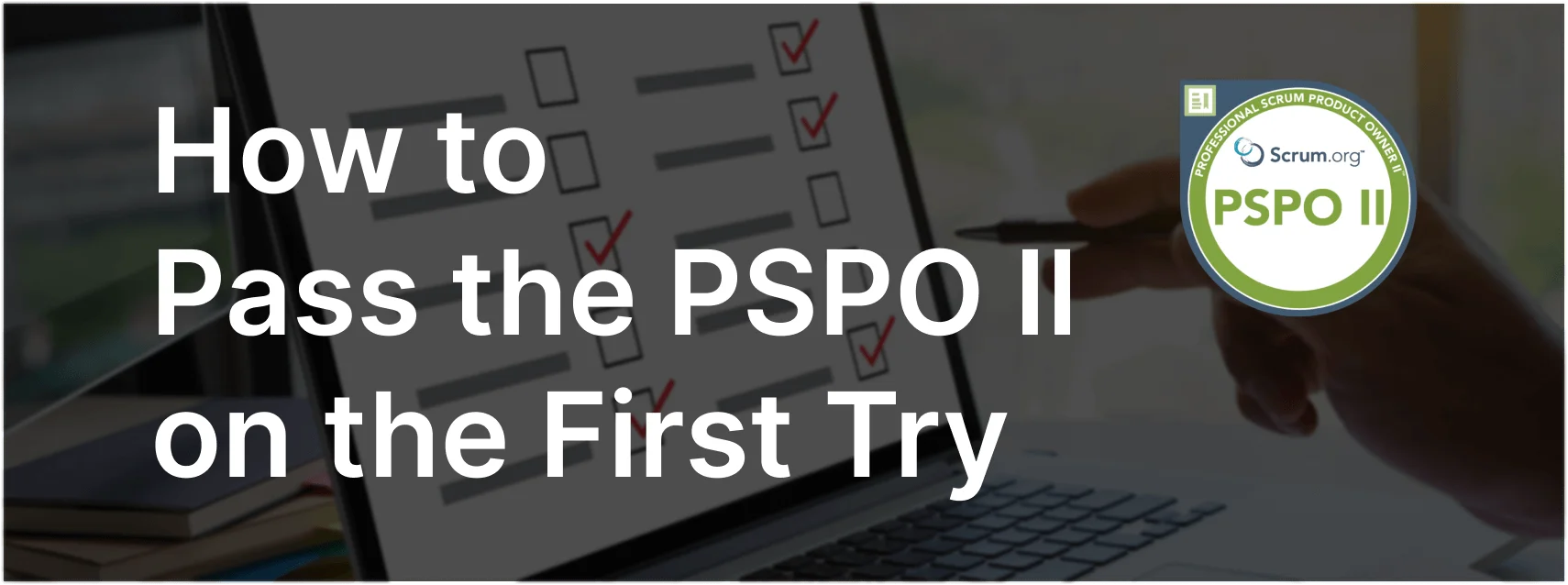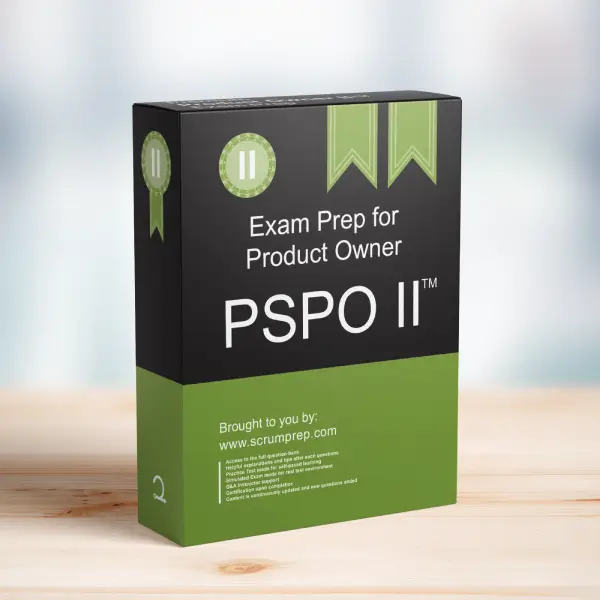Releasing a Product Increment in Scrum
Understanding when a Product Increment should be released is essential for maintaining quality and delivering value in Scrum. This article explores the criteria for releasing a Product Increment and clarifies common misconceptions.
Exam Question
A Product Increment is released when:
(choose the best answer)
A. The Product Owner decides it is ready to be released.
B. The definition of “Done” has been met.
C. The Increment has met all of its quality goals.
D. All planned features for the release are done.
Correct Answer
A. The Product Owner decides it is ready to be released.
Explanation
Correct Answer
A. The Product Owner decides it is ready to be released:
The Product Owner has the authority and accountability to decide when a Product Increment is released. While meeting the Definition of Done is crucial, it does not automatically mean the Increment must be released. The Product Owner considers various factors, including market conditions, stakeholder needs, and business value, before making the release decision.
Incorrect Answers
B. The definition of “Done” has been met: Meeting the Definition of Done ensures the Increment is complete and potentially releasable, but it is the Product Owner who decides the actual release timing based on broader considerations.
C. The Increment has met all of its quality goals: While quality goals are part of the Definition of Done, the decision to release lies with the Product Owner, who evaluates if the Increment is ready for the market.
D. All planned features for the release are done: Scrum focuses on delivering Increments of value continuously. Releasing an Increment does not depend solely on completing all planned features but on the Product Owner’s judgment of readiness and value delivery.
Responsibilities in Scrum
- Product Owner: Responsible for deciding when to release an Increment, based on its adherence to the Definition of Done and broader business considerations. They ensure the Increment delivers value and meets stakeholder needs.
- Scrum Master: Facilitates adherence to Scrum principles and ensures the Scrum Team understands the importance of the Definition of Done.
- Developers: Ensure that all work meets the Definition of Done, contributing to the creation of a potentially releasable Increment every Sprint.
Relevance to the PSPO II Exam
Understanding the Product Owner’s role in deciding when to release a Product Increment is crucial for the PSPO II exam. This knowledge highlights the importance of balancing quality, value, and market readiness in the decision-making process.
Key Takeaways
- The Product Owner decides when to release a Product Increment.
- Meeting the Definition of Done ensures the Increment is complete and potentially releasable, but it does not mandate release.
- The Product Owner considers various factors, including business value, stakeholder needs, and market conditions, before releasing an Increment.
Conclusion
Releasing a Product Increment in Scrum requires careful consideration by the Product Owner, who evaluates its readiness based on the Definition of Done and broader business factors. Understanding this principle is essential for Product Owners and Scrum Teams to maintain high-quality standards and deliver continuous value. For more information on preparing for the PSPO II exam, visit our PSPO II Exam Prep.


